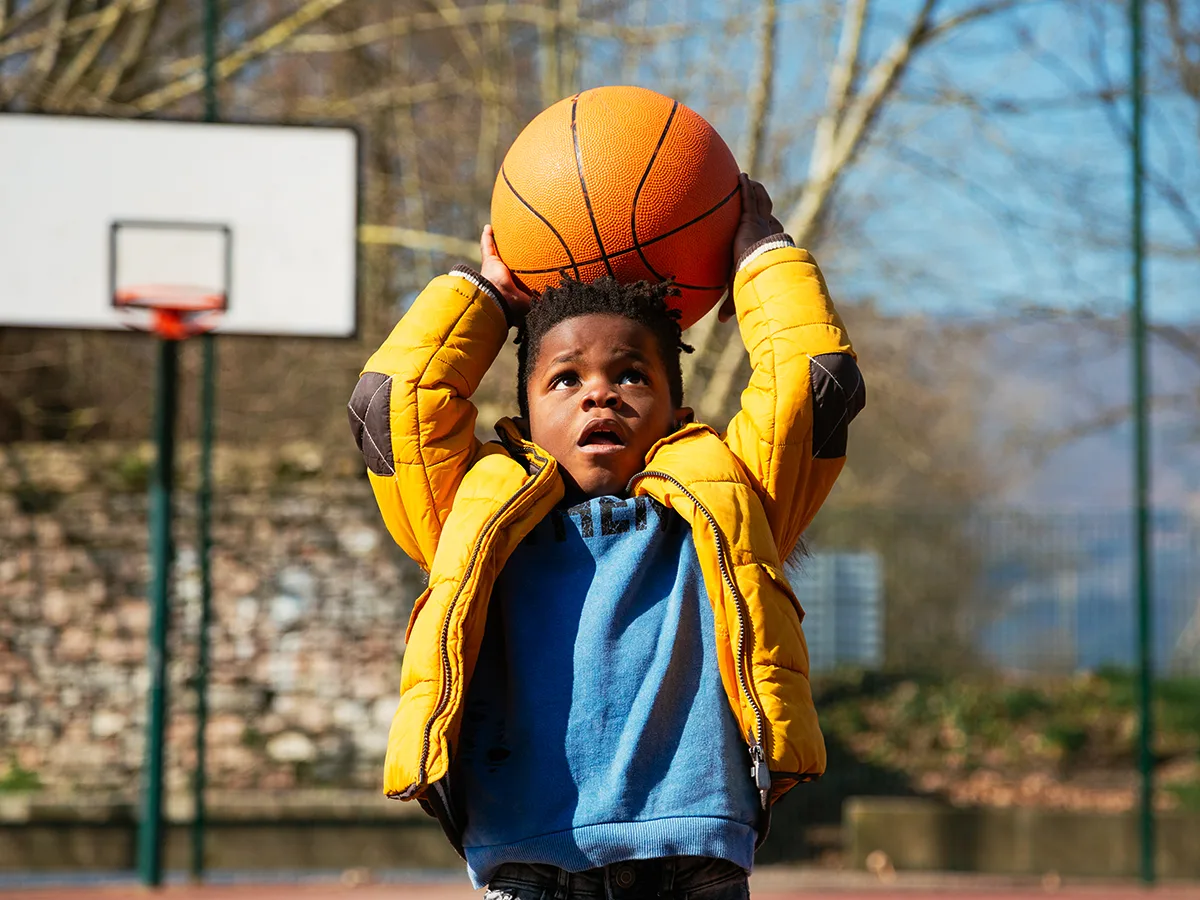How to help your child build strengths from challenges

At a glance
Kids who learn and think differently often face challenges in school and socially.
Dealing with challenges helps kids build emotional strengths.
These strengths can help kids cope with tough situations throughout their lives.
Many kids who learn and think differently face challenges every day. They may struggle with schoolwork or socially — or both.
Dealing with hurdles and setbacks over and over again is frustrating. Kids may get upset about them. But facing challenges can also build important emotional strengths. These qualities last a lifetime and help kids cope with tough situations.
Kids don’t always see these emotional strengths in themselves. You can help build your child’s self-esteem by pointing out these strengths when you notice them. Also, talk about why these qualities are so valuable.
Here are four key strengths that can come from challenges.
1. Determination
Some people call it perseverance. Others call it grit. When things don’t come easily, some kids give up. But others keep at it. They don’t let challenges keep them from trying.
Point out this strength: “Math was really tough this week, but you studied a lot and got extra help from the teacher. You set a goal and you stuck to it. I’m proud of you.”
Explain why it matters: “Everybody faces challenges. But if people give up, they won’t have the chance to solve the problem. It’s great that you keep working to make things better.”
2. Empathy
Being a different kind of learner can help some kids be more thoughtful about other people’s differences and needs. But they may not recognize it as empathy. It’s just “how they are.”
Point out this strength: “It’s great that you invited the new kid in class to sit at your lunch table. Not everyone would do that. But you thought about how it feels when people aren’t friendly.”
Explain why it matters: “Being able to imagine what another person is feeling is a real skill. It can make you a better friend and classmate. It also lets you see when people need help.”
3. Courage
Kids who face challenges are used to being out of their comfort zone. That can make them more willing to try new things or tackle tough problems, even if they might fail.
Point out this strength: “When you tried out for the swim team, you didn’t know the coach or the other kids. You weren’t sure if you were fast enough. But you jumped in and did your best even though you were nervous.”
Explain why it matters: “It’s scary to take risks. But being willing to try even when you don’t know how something will turn out is a strength. And it can lead to great things.”
4. Confidence
Understanding their weak spots can give kids power and a sense of control. It lets them speak up for themselves and ask for what they need, which builds confidence.
Point out this strength: “I’m impressed by how you asked the teacher for study notes. You knew that would help you, and you explained why. You got what you needed, and it helped.”
Explain why it matters: “I know it feels bad when you don’t understand the question in class. But asking for help can help you solve problems — and that’s so much better than giving up.”
There are other ways you can help your child build these strengths.
Explore activities your child can do to build a growth mindset and stay motivated.
Discover the different types of strengths kids can have.
Key takeaways
Facing challenges can help kids build determination, courage, and confidence.
Kids who learn and think differently may also be more thoughtful about other people’s differences and needs.
Point out these strengths when you notice them in your child, and explain why they’re important.


